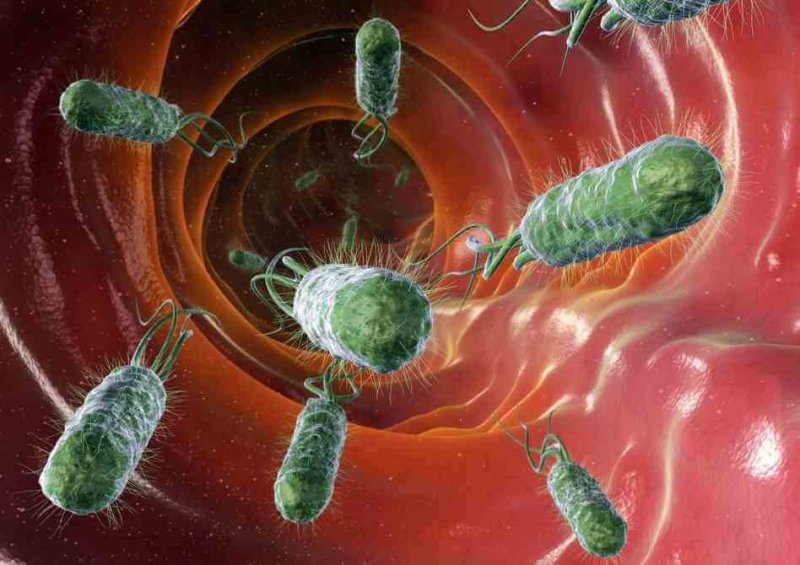Beginning in 2012, scientists discovered they could use CRISPR proteins to precisely edit the genomes of not only bacteria but also of animals and humans…That discovery…could eventually allow scientists to reprogram the cells of people with genetic diseases.
…
In a new study, Michael Deem, a physicist and bioengineer from Rice University,…found there is a subtle interplay between phages and bacteria that can change, depending upon how often the two encounter one another and how quickly each evolves defenses against the other. [This may help] explain seemingly conflicting experimental results that have stymied CRISPR researchers.
…
“There’s a co-evolution between the phages and the bacteria,” Deem says. “The bacteria are incorporating DNA from the phages, and this allows the bacteria or their offspring to be protected against those phages…If we plot the results, we would see that the results fall into three [phases], one where CRISPR wins out and drives the phages to extinction, one where the phages win and kill off the bacteria and a third phase where the two coexist.”
…
Deem says the results help explain previous experimental results that have confused the CRISPR research community.
…
“There’s a great deal of work being done now on engineering the microbiome to make people more healthy, to control obesity or mood, for instance. For those interested in engineering the phage-microbiome interaction, it will be important to account for these co-evolutionary subtleties,” Deem says.
[The study can be found here.]The GLP aggregated and excerpted this blog/article to reflect the diversity of news, opinion, and analysis. Read full, original post: Will phages complicate quest for designer gut bacteria?































